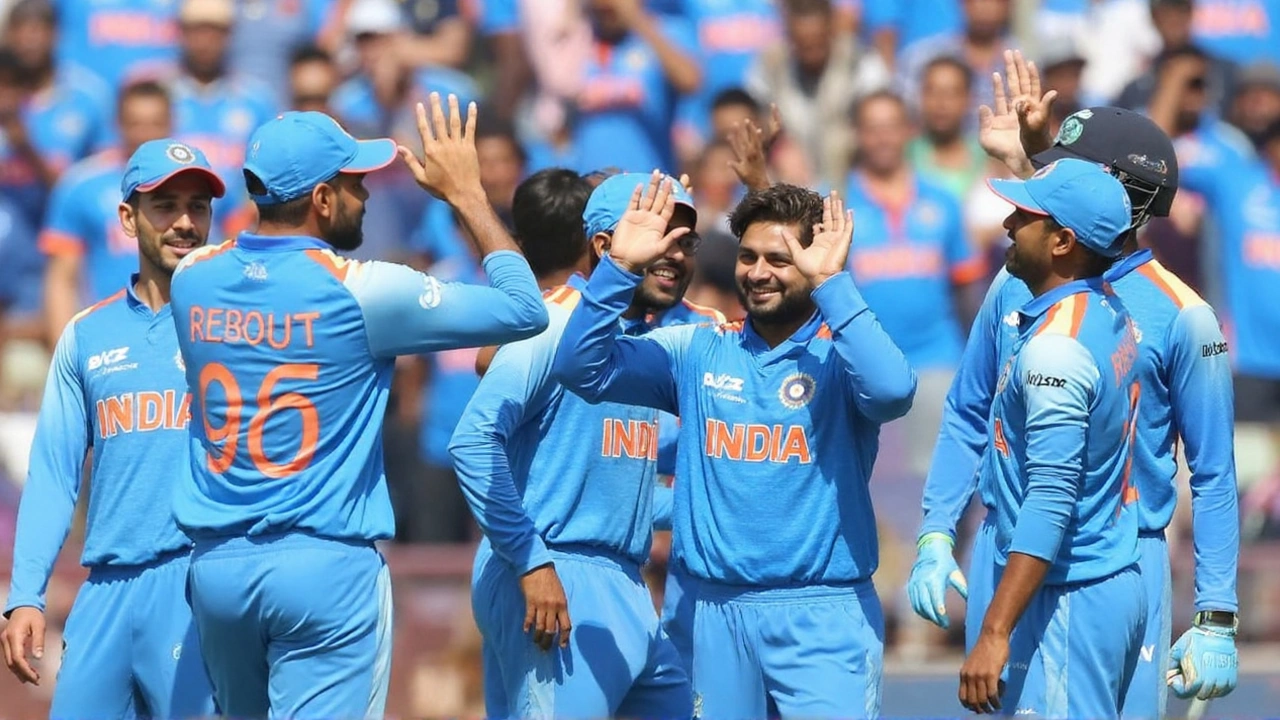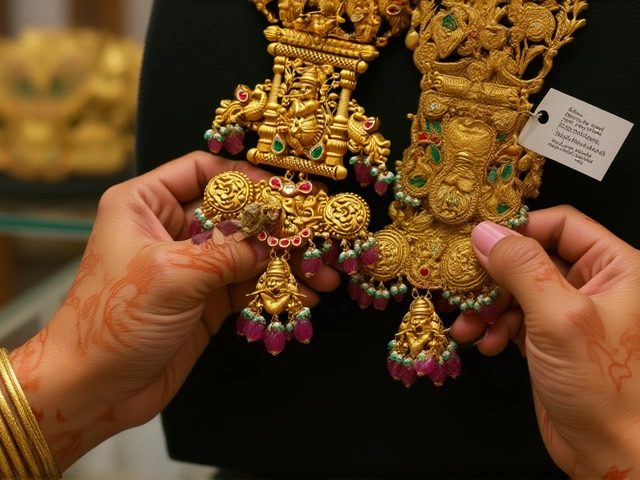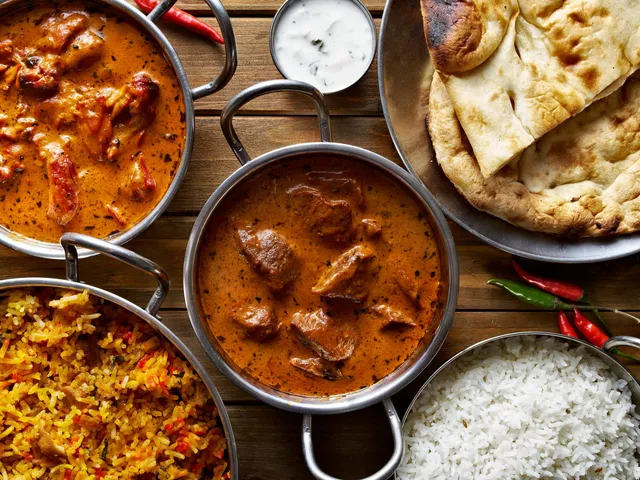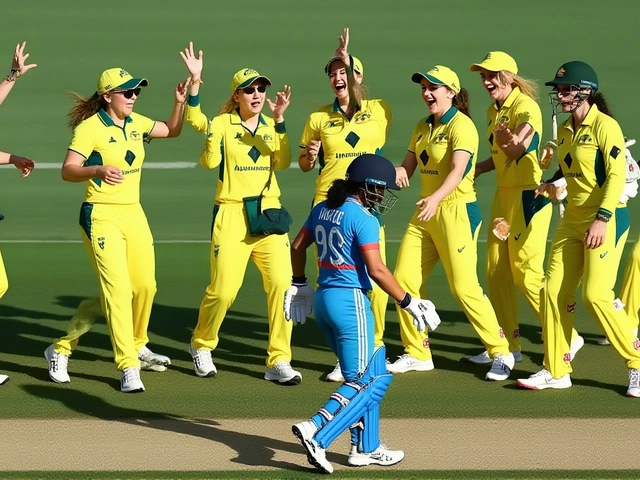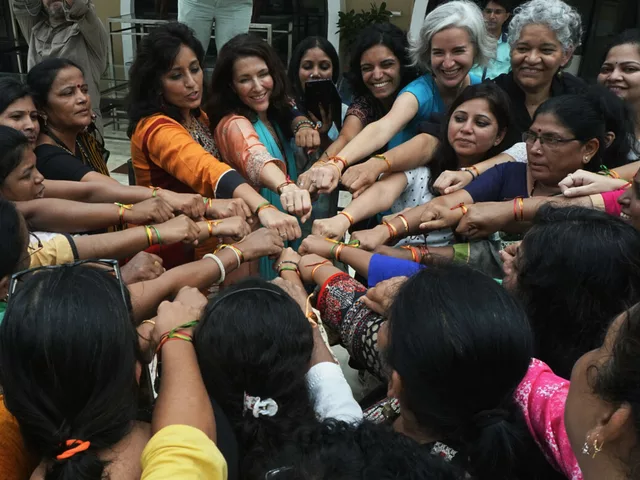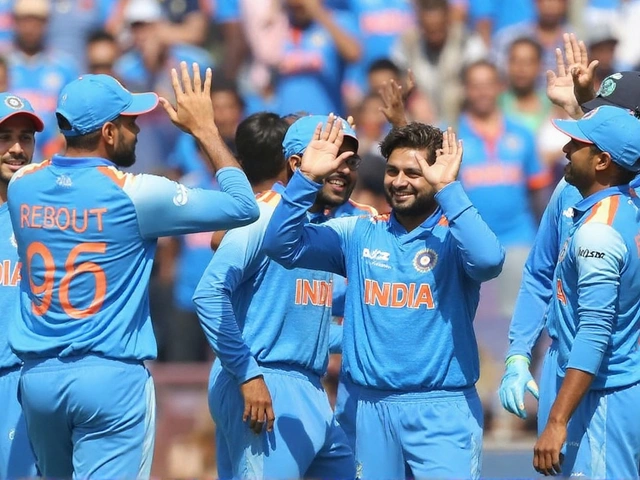Bangladesh Elections 2024: What’s Happening and Why It Matters
If you’ve heard people talking about the Bangladesh elections but aren’t sure what’s at stake, you’re in the right place. The vote is set for early 2024, and it will decide who runs the country for the next five years. That means everything from the economy to foreign policy could shift, depending on which party wins.
Bangladesh runs a parliamentary system, so voters choose representatives for 300 seats in the Jatiya Sangsad. The party that grabs a majority forms the government, and its leader becomes the prime minister. It’s a straightforward process, but the political landscape is anything but simple.
Key Players and Their Platforms
The two biggest names are the Awami League and the Bangladesh Nationalist Party (BNP). The Awami League, led by Prime Minister Sheikh Hasina, says it will keep pushing for economic growth, infrastructure projects, and digital innovation. Their record includes huge road and bridge builds, but critics point to concerns about press freedom and human‑rights issues.
The BNP, headed by former Prime Minister Khaleda Zia’s son Tarique Rahman, promises a stronger focus on law and order, lower taxes, and more support for small businesses. They argue the current government has let inflation rise and ignored rural voters. The party’s base is strong in certain districts, but internal disputes have sometimes weakened their campaign.
A third player, the Jatiya Party led by HM Ershad, often acts as a kingmaker. They claim they can bring balance and help smaller regions get a voice in national decisions. Their support is spread thin, but in a close race their seats could tip the balance.
What Voters Should Know
First, the voter list was updated in late 2023, adding millions of new names, especially young people under 30. Youth turnout is expected to be higher than in previous elections, and their concerns—jobs, education, internet access—are shaping campaign promises.
Second, the Election Commission has introduced electronic verification at polling stations to curb fraud. That means you’ll get a QR code on your phone or a printed slip to confirm your identity before you cast a ballot.
Third, security will be tight in several hotspot areas. The government has deployed extra police and surveillance to ensure a peaceful vote, but there are still reports of tension in border districts.
Finally, if you’re planning to vote, make sure your address matches the one on the voter roll. Missing a typo can lock you out of the booth. Bring a valid ID, keep an eye on the local polling time, and know which station you belong to.
What does the result mean for everyday life? A win for the Awami League could mean more big‑scale projects like new highways and continued digital push, but it might also keep the same restrictions on media. A BNP victory might bring policy shifts toward lower taxes and a crackdown on corruption, but the transition could be rocky. If the Jatiya Party ends up holding the balance, you might see coalition compromises that affect everything from education reforms to energy pricing.
Bottom line: the Bangladesh elections are more than just a political event—they’ll shape the economy, the media environment, and the everyday choices of millions. Stay informed, double‑check your registration, and head to the booth when the day arrives. Your vote is a direct way to steer the country’s future.
India Bangladesh White-Ball Tour Postponed to September 2026
The BCCI and BCB have agreed to push India’s white‑ball tour of Bangladesh from August 2025 to September 2026. The series, featuring three ODIs and three T20Is, was shifted due to a mix of international calendar clashes and lingering security worries after Bangladesh’s political turmoil. Both boards say new dates will be confirmed later. India last played in Bangladesh in 2014, making the delay a notable pause in the bilateral cricket calendar.
